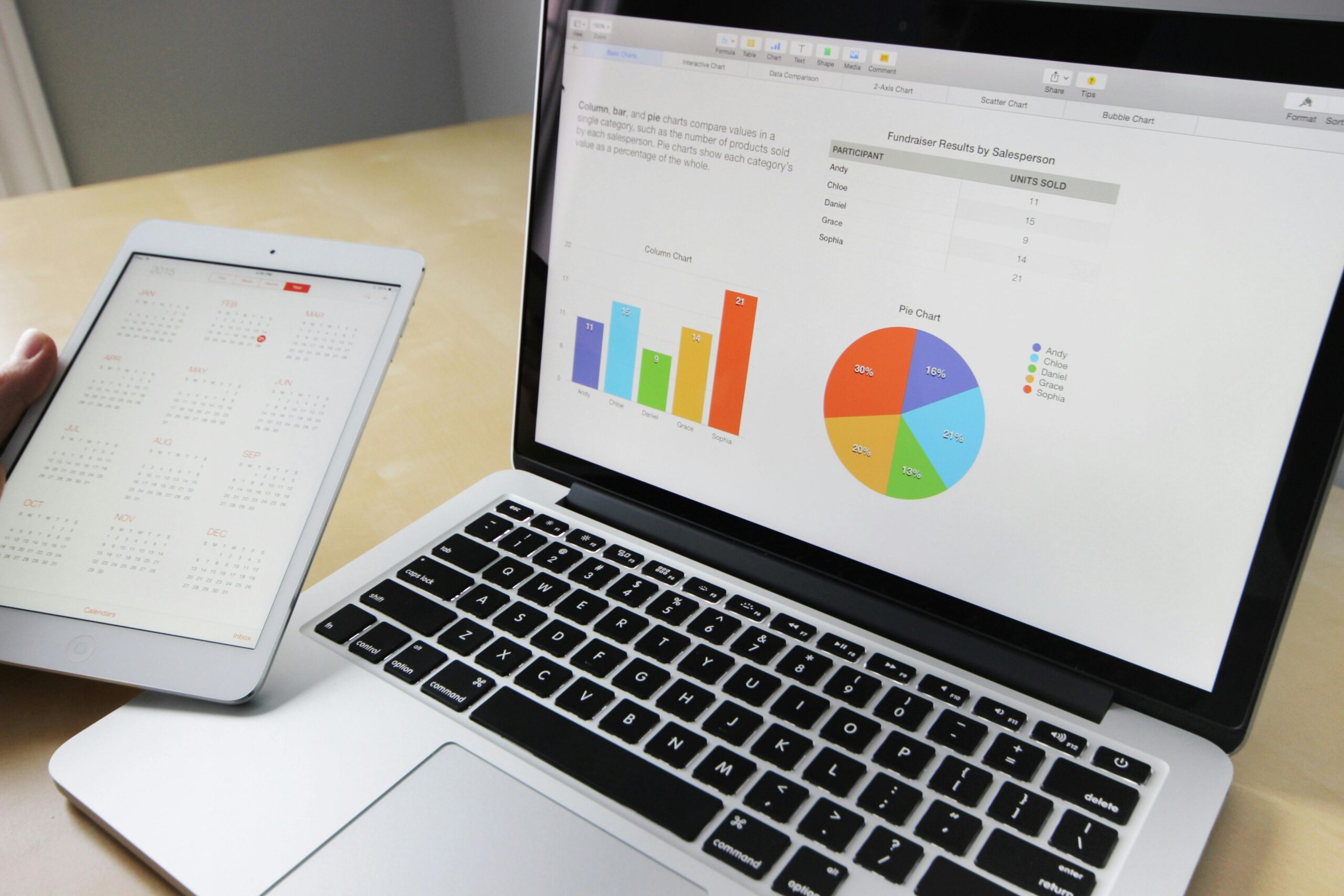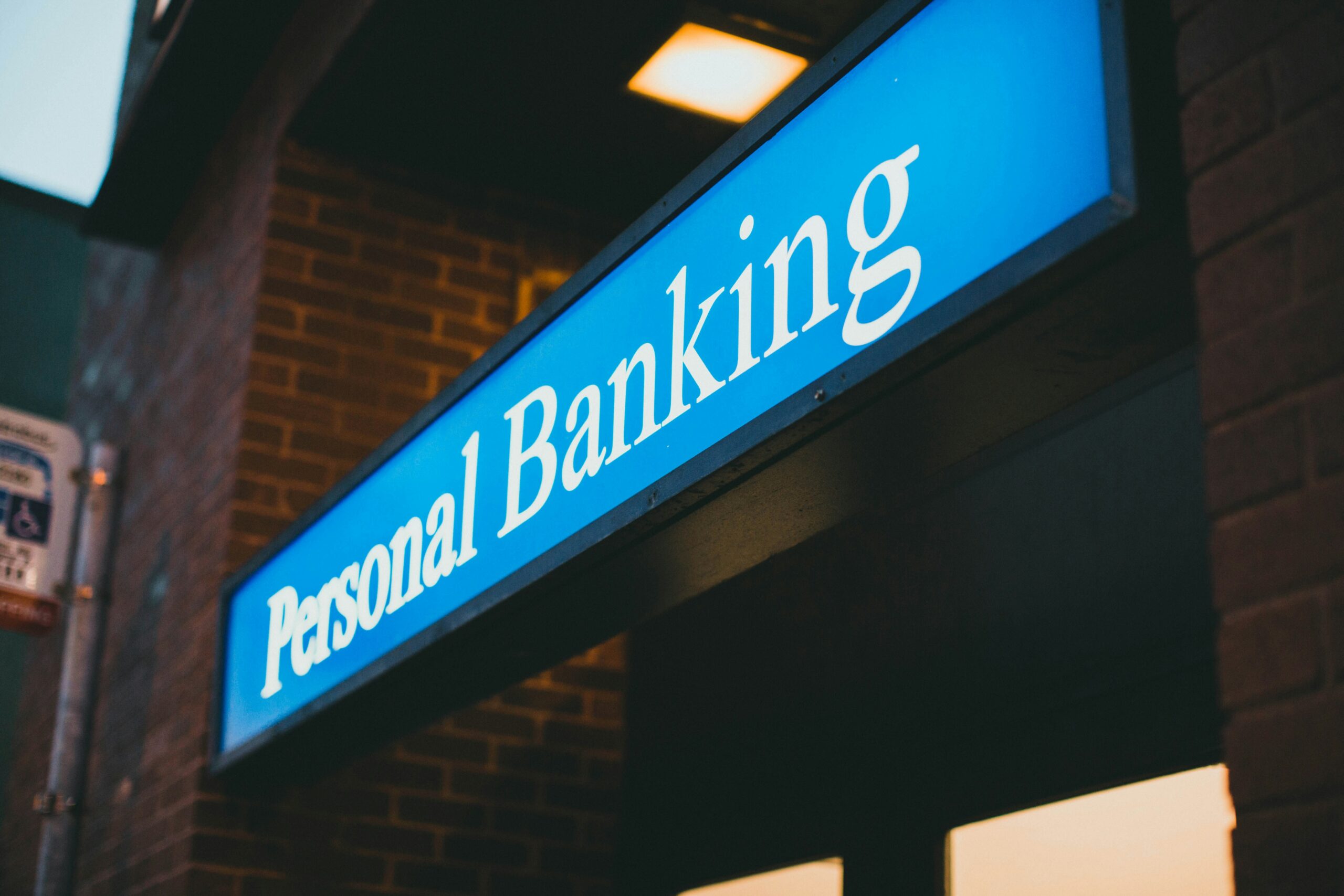Introduction Debt consolidation is a strategy that combines multiple debts into a single payment, making it easier to manage your finances and potentially reducing the overall interest you pay. In India, two popular options for debt consolidation are personal loans and credit cards. Each has its advantages and disadvantages, and choosing the right one depends on your financial situation and goals. In this blog, we’ll compare personal loans and credit cards for debt consolidation, helping you decide which option is best suited to your needs.
1. Understanding Debt Consolidation Debt consolidation involves taking out a new loan or credit line to pay off existing debts. This can simplify your payments and, in some cases, reduce your interest rate. The main options for consolidating debt in India are:
- Personal Loans: A personal loan provides a lump sum of money that you can use to pay off your existing debts. You then repay the personal loan in fixed monthly installments over a specified period, typically ranging from 1 to 5 years.
- Credit Cards: Some credit cards offer balance transfer options, allowing you to transfer your existing debts onto the card. You then repay the balance on the credit card, often with an introductory period of low or zero interest.
2. Interest Rates and Costs Interest rates are a crucial factor in deciding between a personal loan and a credit card for debt consolidation.
- Personal Loans: Personal loans generally offer lower interest rates than credit cards, especially for borrowers with good credit scores. The interest rate on a personal loan is fixed, meaning your monthly payments remain consistent throughout the loan tenure.
- Credit Cards: Credit cards typically have higher interest rates than personal loans. However, balance transfer credit cards may offer an introductory period with 0% or low-interest rates for a few months. After the introductory period, the interest rate may increase significantly.
3. Repayment Terms The repayment structure of a personal loan differs from that of a credit card, impacting how you manage your debt.
- Personal Loans: With a personal loan, you have a fixed repayment schedule with set monthly payments. This structure provides predictability and helps you pay off your debt within a specific timeframe, usually 12 to 60 months.
- Credit Cards: Credit card repayments are more flexible, allowing you to pay a minimum amount each month. However, this flexibility can lead to longer repayment periods and higher interest costs if you only make the minimum payments.
4. Fees and Charges Both personal loans and credit cards come with associated fees that can affect the overall cost of debt consolidation.
- Personal Loans: Personal loans may include processing fees, which can range from 1% to 3% of the loan amount. Some lenders also charge prepayment penalties if you repay the loan early.
- Credit Cards: Balance transfer credit cards may charge a balance transfer fee, typically a percentage of the amount transferred. Additionally, if you don’t pay off the balance within the introductory period, you may face high-interest charges on the remaining debt.
5. Impact on Credit Score Your choice between a personal loan and a credit card for debt consolidation can also affect your credit score.
- Personal Loans: Taking out a personal loan can positively impact your credit score if you make timely payments. It adds to your credit mix and reduces your credit utilization ratio, which is beneficial for your credit score.
- Credit Cards: Consolidating debt with a credit card can also improve your credit score if you pay down the balance and reduce your credit utilization. However, opening a new credit card account or transferring a large balance can temporarily lower your score due to the hard inquiry and increased credit utilization.
6. Flexibility and Convenience Consider the flexibility and convenience of each option when choosing how to consolidate your debt.
- Personal Loans: A personal loan is less flexible but more straightforward. You know exactly how much you need to pay each month, and the loan is structured to be repaid within a fixed period. This can make budgeting easier and ensure that you’re debt-free by the end of the loan term.
- Credit Cards: Credit cards offer more flexibility in how much you pay each month, but this can be a double-edged sword. The minimum payment option can lead to prolonged debt repayment and higher interest costs if not managed carefully.
7. Which Option is Right for You? The best option for debt consolidation depends on your financial situation, goals, and habits.
- Choose a Personal Loan If:
- You want a fixed repayment schedule and the predictability of fixed monthly payments.
- You have a good credit score and can secure a low-interest rate.
- You prefer a straightforward debt repayment plan with a set end date.
- Choose a Credit Card If:
- You can take advantage of a 0% or low-interest balance transfer offer and are confident you can repay the balance before the introductory period ends.
- You need the flexibility to adjust your payments based on your financial situation.
- You have smaller debts that can be quickly paid off within a few months.
Conclusion When deciding between a personal loan and a credit card for debt consolidation, it’s essential to consider factors such as interest rates, repayment terms, fees, and the impact on your credit score. Personal loans are generally better for those seeking a predictable repayment plan and lower interest rates, while credit cards offer flexibility and the potential for low-cost debt consolidation if managed carefully. Assess your financial situation, repayment capacity, and long-term goals to choose the option that best suits your needs. By making an informed decision, you can effectively manage your debt and work towards financial stability.











